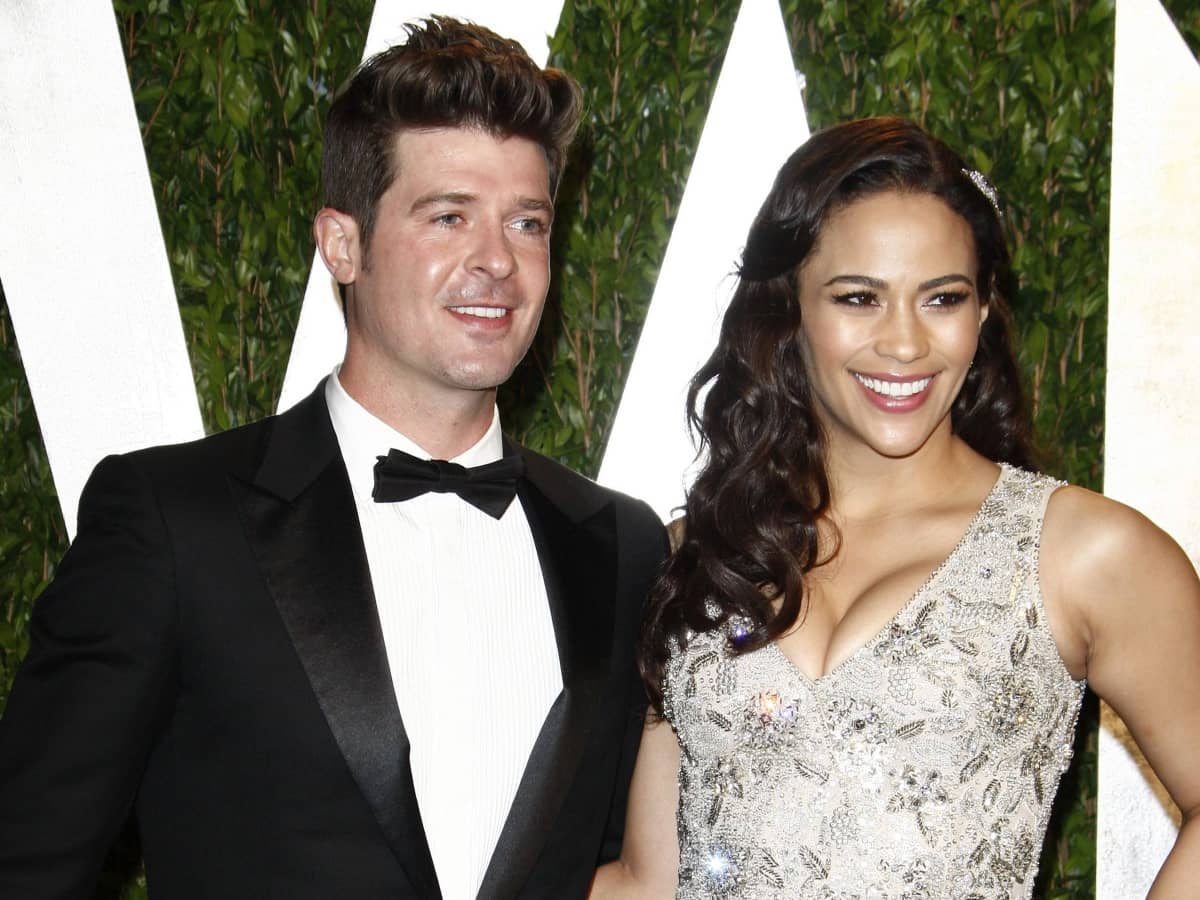By Neale Donald Walsch and Nancy Fleming-Walsch
Hampton Roads Publishing Company, 64 pp.
This book of wedding vows is a response, says Neale Donald Walsch, to "thousands of people around the world" imitating the vows he reported using for his own wedding in his best selling "Conversations with God." It's no wonder the Walsches' wedding vows were so popular. "These words were inspired by God," he writes in his introduction, "and were intended from the very beginning not for us alone, but to be shared with the world." The Walsches--joined by guru-to-the-stars Marianne Williamson and other essayists in this slim volume--offer God's inspired words to the world with "love, and with just the biggest hugs in our heart."
For all that, the book has a simple premise: The secret to a happy marriage is to have God in the center of your relationship. Fair enough, as long as the marriage partners have a good grasp of who (or what) God is. The Walsches seem a little confused on this point. For them, God is Us: the Self is Divine. (Walsch's penchant for locating God within human activity means that his prose is peppered with random capitalization, like a bad fantasy novel.) God also lives in intimate relationships. So says Williamson in her brief contribution: "We are drawn toward fire, when drawn to the heart of another," she intones. "We are drawn to the experience of God there, because God is the experience of our oneness." When we find "each other's forgiveness and compassion and stalwart loyalty....we find a smiling God."
But as God arises out of romantic oneness, like a noxious fume produced by the combination of chemicals, he is reduced in stature; God is no longer the Holy Other, or even the force that surrounds us, penetrates us, and binds the universe together; he's more like a good-luck charm, a talisman you haul along for the ride. "Love," Williamson drones, ". is a ride to heaven, best taken with a mystical passenger to guide the journey. The key to success in romantic love is the power of a mystical Third."
If love is your vehicle to heaven, and the other person just a passenger, marriage's central purpose is self-fulfillment. Marriage is undertaken because "in our world very little of your Self is best experienced or best expressed alone. It is only through your relationship with another person, place or thing that you can experience yourself ." Marriage shouldn't be viewed as "producing obligations, but rather as providing opportunities . for full Self-expression . for healing every false thought, or small idea you ever had about yourself."
Athough Walsch keeps using the word "sacrament" to describe this type of marriage, this obligation-free union has little in common with the marriage relationship envisioned by Christianity. "As Christians," Stanley Hauerwas writes in After Christendom, "we have learned that freedom cannot be had by becoming "autonomous"--free from all claims except those we voluntarily accept--but rather freedom literally comes by having our self-absorption challenged by the needs of another."
"Wedding Vows" is a hymn to self absorption. There's plenty of high language about walking through life side-by-side ("bearing equally what burdens there be, basking equally in the glories"), but marriage boils down to an opportunity for self-realization. "Relationships," reads the a rose-circled motto in "Wedding Vows," "are sacred because they provide life's grandest opportunity--indeed, its only opportunity--to create and produce the experience of your highest conceptualization of Self."
When we actually get to the vows, then, we find a lot of personal choice on offer instead of heartfelt commitment. After complicated manuevers with wedding rings stuck on the stems of red and white roses, the couples make polite requests of each other, such as "I ask you to be my partner, my lover, my friend ." The minister is then expected to turn to the partner, lover and friend to ask, "Do you choose to grant John's request that you be his wife?" No "With my body I thee worship" stuff here.
Mixed in with the New Agey pap ("In truth, we are all married. To everyone. We are all one") are a few good solid suggestions for married folks. The Walsches' friends Diana Cirincione and Dr. Gerald Jampolsky of the Center for Attitudinal Healing, explain that they end meditation time every morning by imagining "our bodies turning into light and sending love." But they suggest that the success of their marriage is based on "taking responsibility for our own happiness and resisting the temptation to blame the other person when something goes wrong," "letting go of trying to control the other person," and several other sound (if vague) principles.
Apart from these brief remarks, there is nothing in "The Wedding Vows" that will sustain a couple through even the first disagreement. Walsch promises that you'll find more answers if you buy more of his books. "As you prepare now for your own wedding," he writes, "I hope that you and your partner will undertake a genuine and serious study of all the material relating to relationships in the With God series of books." If the interests of the Self do indeed come first, this suggestion that you drop a hundred bucks or so on the rest of Walsch's books makes plenty of sense.

